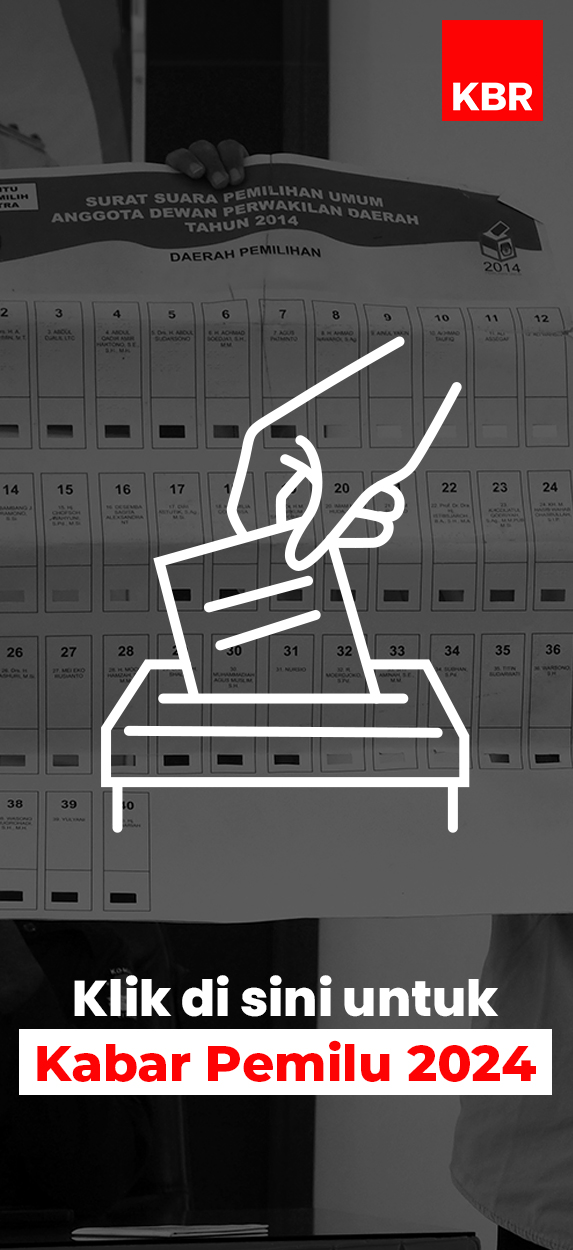Q. Are you sleep well?
Yes!
Q. OK. Are you happy to come to school?
Yes!
This is a crowded kindergarten in one of the poorest districts of Yangon.
It only costs parents $3 a term to send their children here, but that's a lot of money in a slum like this one.
The teacher is Vung Deih Lun. She was shocked by the living conditions when she moved to Dalah two years ago.
“Oh of course, very shocked. Every time I'm thinking, how long I'm have to live here? How long? How long? Oh no, I can't stand, with the power cut very often, and the water was not clean.”
Vung Deih Lun fears that these children from low income families will be left behind as the economy expands in Myanmar.
Q. Do you worry that some of the very clever children may not get an opportunity later?
“That's right. I'm worried. I'm really worried about that.“
The country is opening up in Myanmar after more than 50 years of military rule and stagnation.
It's growing at a rapid rate. There have been more foreign investment projects in Myanmar in the past three years than the previous quarter of a century.
But not everyone is winning.
Thant Myint U is an author and the head of the Yangon Heritage Trust.
He says, while the elections two years ago were a step forward, Myanmar's stability is not guaranteed.
“And what that means first and foremost is that we have 60 million people, 59 million of whom are poor in a way that they probably don't have to be. This is a country that's rich in natural resources, that should be able to catch up with the rest of the region and hopefully that's what we're going to see in the years to come.”
Thant Myint U is passionate about Myanmar's past and the possibilities of the future.
He takes me on a tour of Yangon's heritage district. It was once one of the most prosperous and cosmopolitan cities in Asia.
“I mean, Rangoon, I think if you looked at it back in the 1930s and 40s, you would have expected it to become one of the top three or four cities in all of Asia. But after World War II and decades of isolation, a lot of that has ended, of course. And where the city goes next, what its new incarnation is going to be, I think that remains to be seen.”
Myanmar's Poor Not Benefitting From Economic Boom
Over two-thirds of Myanmar's population do not have electricity in their homes.

INDONESIA
Senin, 15 Sep 2014 16:05 WIB


Myanmar, economic, poor, basic need, Sally Sara Radio Australia
Kirim pesan ke kami
WhatsappRecent KBR Prime Podcast
Kabar Baru Jam 7
Strategi Perempuan Pengemudi Ojol Mengatasi Cuaca Ekstrem (Bag.4)
Arab Saudi Bangun Taman Hiburan Bertema Minyak di Tengah Laut
Menguji Gagasan Pangan Cawapres
Mahfud MD akan Mundur dari Menkopolhukam, Jokowi: Saya Sangat Hargai




